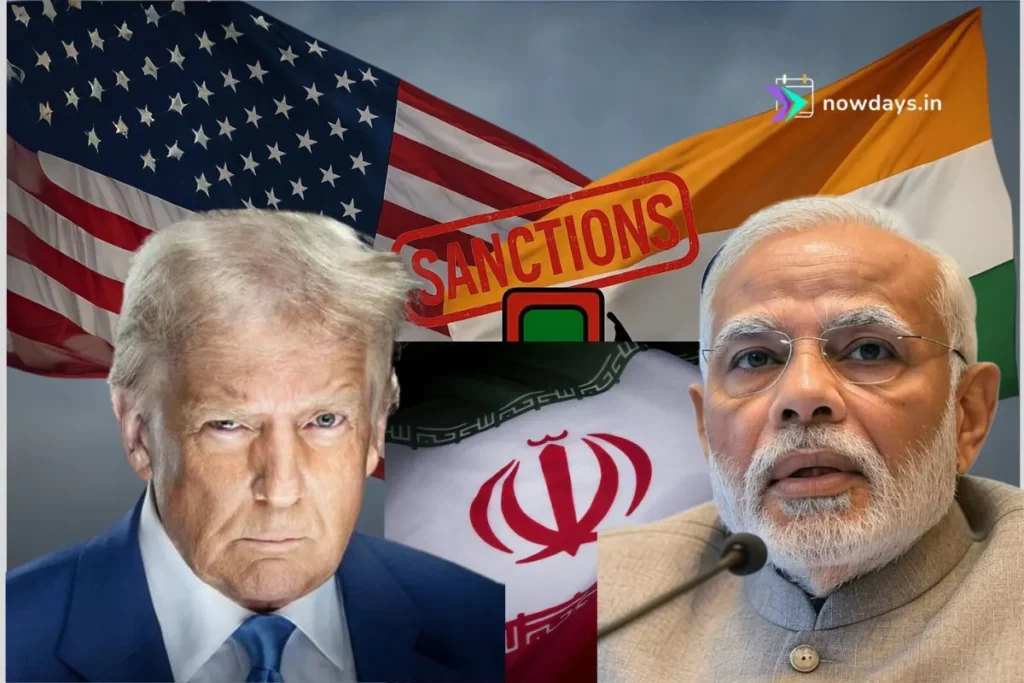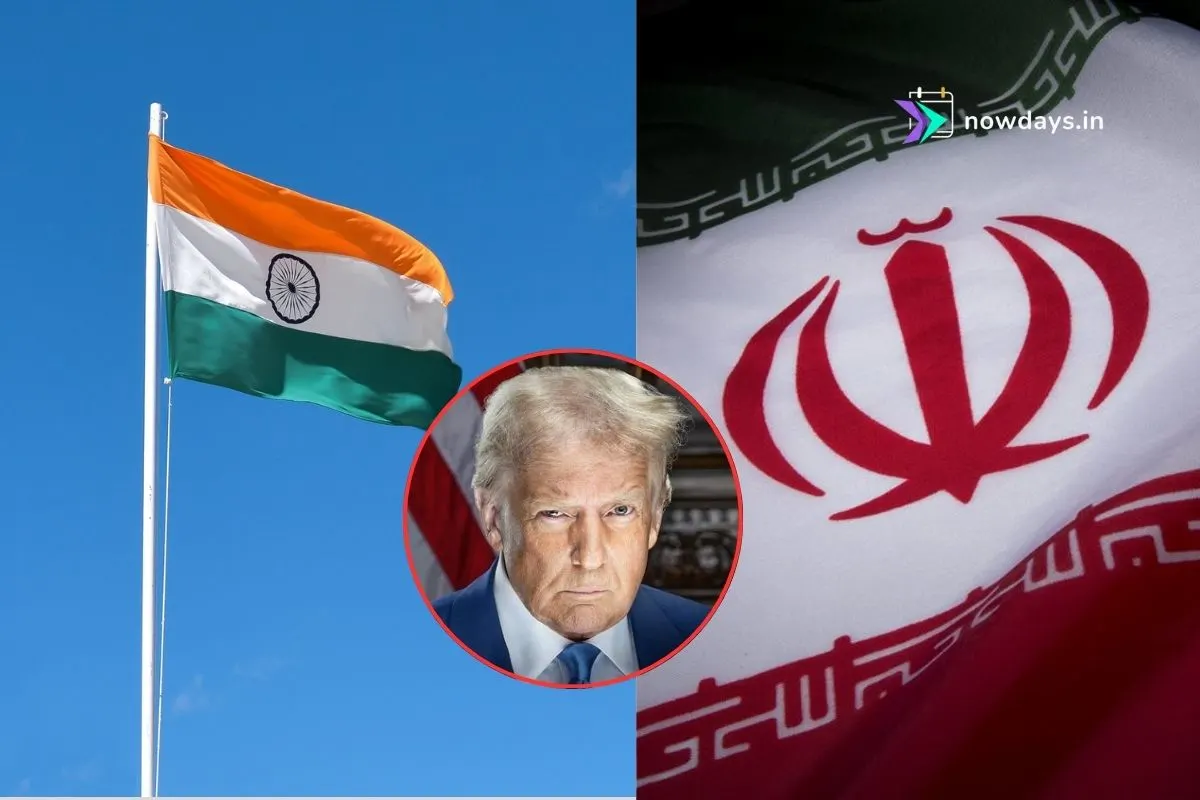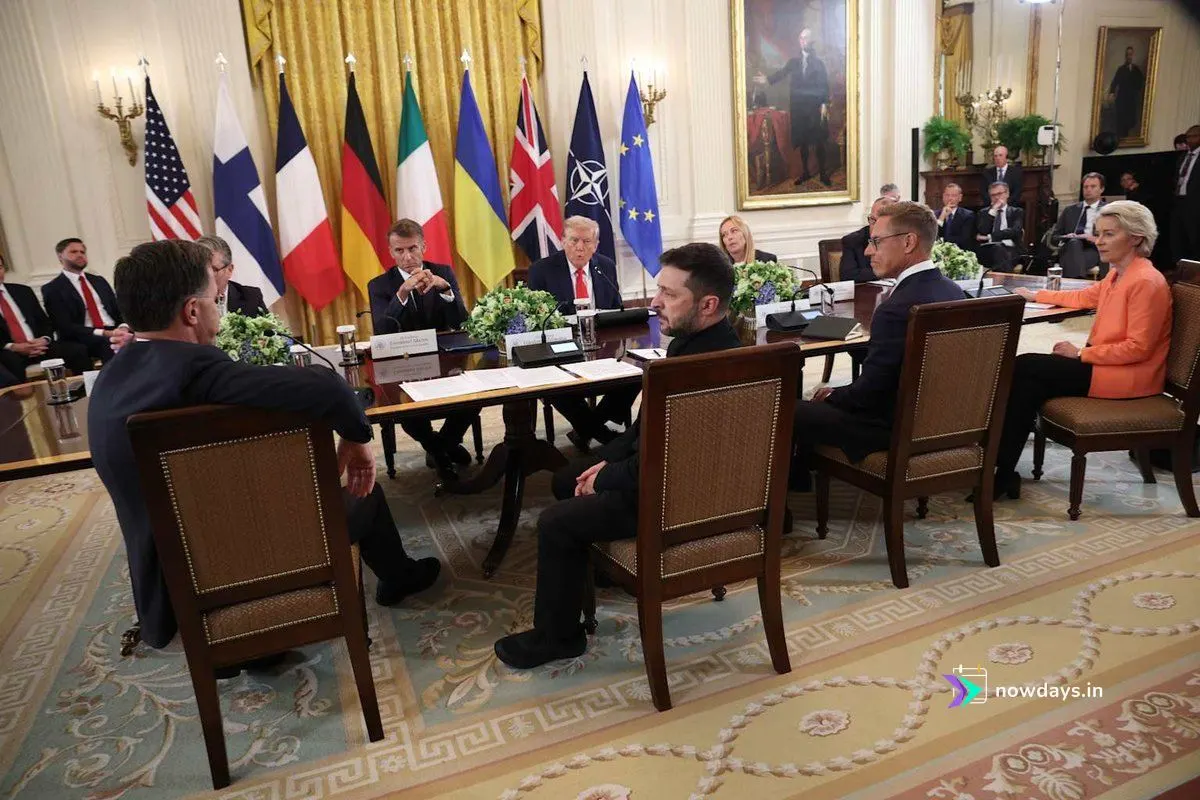The United States has imposed sweeping sanctions on six Indian companies, alleging their involvement in significant transactions with Iran’s petroleum and petrochemical sector. Announced by the US Department of State on July 30, 2025, this move is a key part of Washington’s ongoing effort to choke financial flows to Tehran and disrupt networks that help Iran bypass international restrictions.
Key Indian Companies Under Scrutiny
The sanctioned Indian entities are among 20 global firms targeted in the latest enforcement action. The affected Indian companies are:
- Alchemical Solutions Private Limited: Accused of importing Iranian petrochemicals worth over $84 million during 2024.
- Global Industrial Chemicals Limited: Allegedly purchased over $51 million of Iranian methanol and related petrochemical products between July 2024 and January 2025.
- Jupiter Dye Chem Private Limited: Reportedly imported Iranian chemicals, including toluene, worth more than $49 million in the same period.
- Ramniklal S Gosalia and Company: Said to have acquired Iranian petrochemicals valued over $22 million.
- Persistent Petrochem Private Limited: Accused of importing about $14 million in Iranian methanol between October and December 2024.
- Kanchan Polymers: Linked to imports of more than $1.3 million in Iranian polyethylene products.
What the Sanctions Involve
Under these new measures, all assets held in the US or under the control of American persons by these firms are now frozen. Furthermore, US citizens and companies are strictly banned from any business dealings with the listed Indian entities. The restrictions also automatically cover any other entity in which the sanctioned firms hold a stake of 50% or more.
US sanctions Indian entities for trading with Iran's petroleum sector pic.twitter.com/wslfdERX9f
— Sidhant Sibal (@sidhant) July 31, 2025
These sanctions fall under Executive Order 13846, a regulation reimposed after the US withdrew from the 2015 nuclear deal with Iran. The order targets firms knowingly involved in the purchase, acquisition, sale, transport, or marketing of Iranian petroleum or petrochemical products.
Context and Rationale
American officials argue that sales of Iranian oil and petrochemicals funnel critical revenue to Tehran, enabling it to fund activities described by Washington as destabilizing the Middle East and supporting terrorism. The sanctions aim to dismantle the so-called Iranian “shadow fleet”—a network of ships, traders, and intermediaries facilitating clandestine oil exports.

The US State Department emphasized that the sanctions are intended to alter behavior, not simply punish, and maintain pathways for affected entities to challenge their designation. Companies named can file petitions with the Office of Foreign Assets Control (OFAC) for removal from the sanctions list if they can prove cessation of restricted activity.
Global and Domestic Impact
Indian companies form a crucial part of the global petrochemical chain. India historically imported substantial amounts of Iranian oil but sharply reduced purchases after earlier American sanctions in 2019. Despite this, some trade has allegedly continued via indirect channels or third-country intermediaries, prompting tighter US enforcement.
The sanctions also extend to firms in Turkey, China, Indonesia, and the United Arab Emirates, highlighting the global scope of the US campaign. In addition to dealing with the asset freeze and transaction bans, Indian companies risk further downstream impact given the interconnectedness of the petrochemical sector and the threat of secondary sanctions.
India’s Position and International Repercussions
At the time of reporting, Indian authorities and the companies involved have yet to issue official statements. The move comes amid a tense phase in US-India economic relations—just days after the US imposed a 25% tariff on Indian goods, heightening business uncertainty. For India, the sanctions could present fresh challenges in balancing energy security needs with global diplomatic and regulatory risks.
For the broader international community, these developments underscore the US commitment to enforcing its Iran sanctions regime. The action also serves as a warning to companies worldwide: any efforts to enable Iranian oil trade—directly or otherwise—will face strong punitive steps from Washington.
Outlook
As the dust settles from these new sanctions, industry stakeholders are watching for responses from both Indian companies and the government. Affected entities can petition for removal from restriction lists if they can prove they no longer engage in sanctioned activities. Observers meanwhile await clarification on how these sanctions may affect India’s industrial supply chains and relations with key trading partners.
The latest US measures reaffirm that non-compliance with Iran-related trade restrictions remains a high-risk proposition—no matter the global context or intermediary structures involved.











